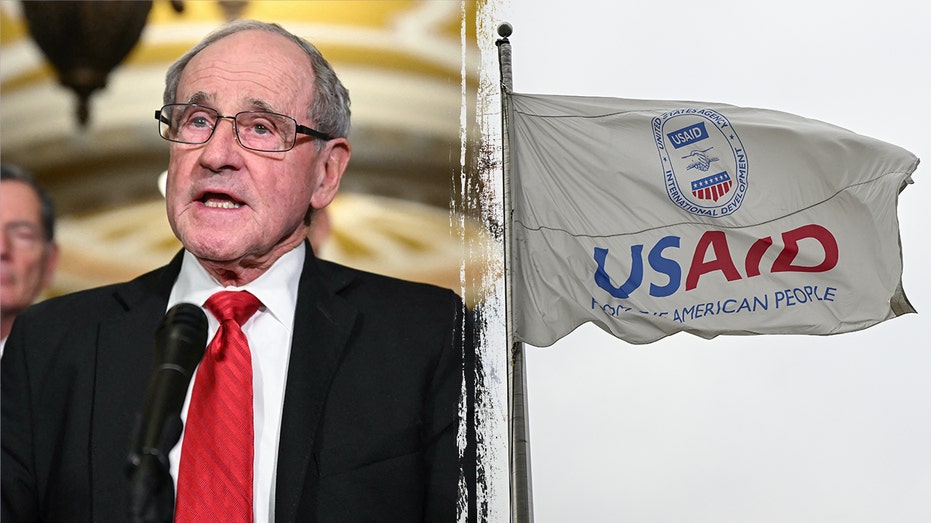Senator Risch Calls for Comprehensive "Top to Bottom" USAID Spending Review Following Waste and Fraud Exposure
Risch calls for review of USAID descriptions, citing insufficient information.

The future of the U.S. Agency for International Development (USAID) is under intense scrutiny following significant restructuring efforts led by the Trump administration. Senator Jim Risch, chairman of the Senate Foreign Relations Committee, has called for a comprehensive review of USAID’s spending practices. This comes in the wake of sweeping changes, including the agency's absorption into the State Department and widespread layoffs that have generated strong reactions across the political spectrum.
Once operating as an independent entity dedicated to providing aid and development assistance to impoverished countries, USAID has been fundamentally transformed since February. President Donald Trump appointed Secretary of State Marco Rubio to oversee the agency, citing concerns that its efforts were not sufficiently advancing core U.S. interests. Since then, USAID has faced increased oversight, sharp program cuts, and is now being folded into the State Department’s existing foreign assistance infrastructure.
Senator Risch emphasized the need for fiscal responsibility, highlighting instances where funding was allocated to programs with vague objectives or questionable value. “The amount of money that we’re spending on that has to be reviewed top to bottom,” Risch stated at a recent event, pointing specifically to grants such as $3 million for the "promotion of democracy in Lower Slobbovia"—a term Risch used to refer to unspecified, underdeveloped foreign nations. He argued that the accumulated expenses of such efforts necessitate stricter oversight, stating, “We can do so much better, not only in how, how much money we spend, but how we spend it.”
The drive to reduce wasteful spending has targeted numerous USAID programs. The agency faced criticism for funding initiatives including $1.5 million to promote diversity and inclusion in Serbia’s workplaces and a $70,000 grant for a DEI-focused musical in Ireland. In response, Secretary Rubio oversaw a six-week review that resulted in the cancellation of more than 80% of USAID’s programs—eliminating around 5,200 out of 6,200 initiatives.
This downsizing effort is accompanied by a major reorganization, with the State Department absorbing all remaining USAID operations. According to internal communications, the move is intended to boost efficiency and focus resources on "life-saving" foreign assistance programs. Thousands of jobs are expected to be cut as a result of the merger.
Secretary Rubio defended the administration’s actions, stating, “Foreign assistance done right can advance our national interests, protect our borders, and strengthen our partnerships with key allies.” He contended that USAID had veered from its intended path, leading to high expenditures with insufficient returns. “We are reorienting our foreign assistance programs to align directly with what is best for the United States and our citizens,” Rubio added, promising continued support for essential humanitarian efforts while emphasizing strategic investments that benefit both international partners and the U.S.
However, the decision to dismantle USAID’s independence has sparked vigorous opposition from congressional Democrats. Representative Gregory Meeks, the ranking Democrat on the House Foreign Affairs Committee, condemned the move, calling it “plainly illegal.” Meeks asserted, “Congress wrote a law establishing USAID as an independent agency with its own appropriation, and only Congress can eliminate it.” He warned that the restructuring could undermine crucial foreign policy objectives and national security interests.
As debates over USAID’s future continue, the controversy highlights deeper divisions over the direction of U.S. foreign aid. While supporters argue for greater efficiency and alignment with national interests, critics fear the loss of an independent agency could weaken America’s global leadership in promoting democracy, human rights, and development.




